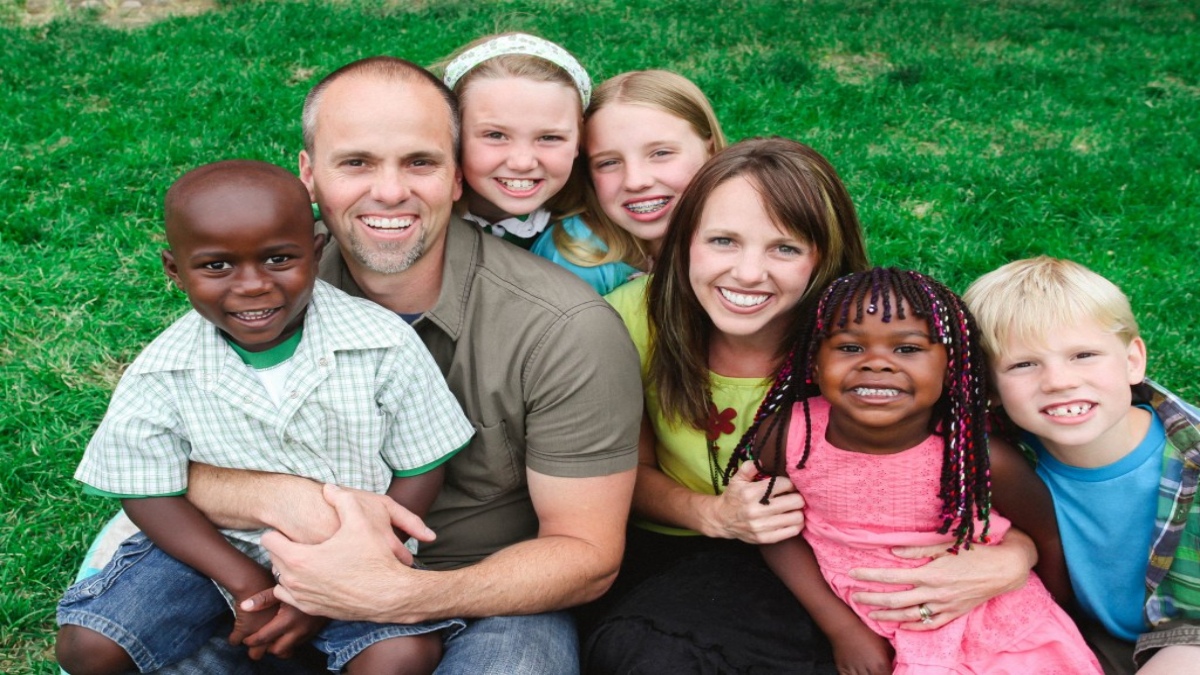
The struggle and inability to have a child is by itself an exhausting experience. Society in its garb of showing concern makes it more painful. Yet, over the years a significant number of couples and individuals have opted to adopt. Often, their biggest challenge is the disclosure of adoption.
• Is it necessary to share the fact of adoption with the child?
• What is the right time for disclosure?
• Is it best to wait till the child understands the meaning of adoption?
• Is it enough to simply tell the child that s/he is adopted?
• Will the child love me less, or will his/her behaviour change if he/she knows about adoption?
Yes! Children need to know they’re adopted. Growing up, they gradually develop an understanding of who they are, where they come from, how they see themselves, how others see them and what they like or dislike about themselves. Through the different developmental stages, they learn to become comfortable with their identity. Adoption significantly adds to this identity.
It is equally important for a child to be told they’re adopted by their adoptive parents rather than ‘accidentally’ finding out. Their sense of attachment and neglect is complex. And as they navigate through the experience of being abandoned and given up by their biological parents, questions about what they did wrong and if they were responsible for their parents leaving them tend to complicate their self-image.
Trust, acceptance, being ‘liked’ and loved by parents instil in children a sense of psychological well-being. Allowing them to grow up with a false sense of identity severely impacts them later in life. Not telling feels like betrayal and destroys their trust in the parent child relationship and the entire family for keeping it a secret.
There is no ‘right time’ for disclosure. Whenever the parents are ready to share the fact of adoption is the right time. However, the earlier the better and at every stage of growing up in an age-appropriate manner. Despite repeating their adoption story, very young children may not completely comprehend it since they’re still developing their understanding of time and space and the notion that people do exist outside their immediate environment. Often, it helps their understanding if they know that birth comes before adoption simply to reiterate that all children (adopted or not) are conceived and born in the same way.
Openly talking about adoption encourages children to ask questions. Their understanding is shaped by their parents’ openness, their acceptance of the decision to adopt and their comfort about sharing that experience. It’s important to answer children’s queries as honestly as possible. Also stating adoption as a fact normalises the concept to them. Simultaneously, it’s important not to judge or speculate on the reasons a biological parent gave up the child for adoption. This can potentially colour their understanding of themselves and increase their feelings of shame.
The process of disclosure is as difficult for adoptive parents too. Sharing can bring back painful memories of unsuccessful attempts at having a biological child. Infertility is experienced as a great loss. Their experience of people’s attitude and behaviour towards them can feel depressing, unfair and unforgiving. The level of difficulty increases further when single wo/men or same-sex couples want to adopt. Addressing this grief helps adoptive parents to become comfortable with disclosure.
Parents also struggle with being rejected by their adoptive children. They fear being incapable of answering their child’s questions satisfactorily, thereby losing them emotionally. This vulnerability paralyses them.
Children feel loss, sadness, anger because the knowledge of adoption makes them see themselves as being different from other children. Thus, it’s normal to see passive aggression, angry behaviour, inability to sleep, attention deficit or hyperactivity, withdrawal or self-image problems. They fear having no control over losing their family and being given away (being abandoned again). These behaviours help compensate for the painful emotions and attempt to understand their story. It’s their way of grieving for the loss which is very real to them. It shouldn’t be denied or avoided. During this transition, children need constant reassurance and repeated retelling of their birth story. Using ageappropriate language and terminology (birth parents or birth family) can help hugely. Sharing done empathetically with patience and understanding of the child’s feelings strengthens their trust.
The process of disclosure is continuous in many ways. Establishing identity during adolescence requires dissociation from the family’s identity. Loss of childhood already makes this period of development difficult and confusing. Besides, the need to know their birth family can complicate matters, making them feel conflicted about their loyalties. Adoptive parents can feel threatened by this need and experience a compulsion to compete for attention. They might question if they’re doing it right or are good parents. Willingness to accept and respect the adolescent’s need for information as being normal is a way to help them accept their reality. Access to support groups can help adoptive parents get through their struggles. Adoption is not a ‘secondbest solution’ to be ashamed of but an alternative way of building a family. Both adopted children and adoptive parents must comfortably integrate their view and understanding through this process to become a family and create their unique bond.
The writer is a mental health counselor.